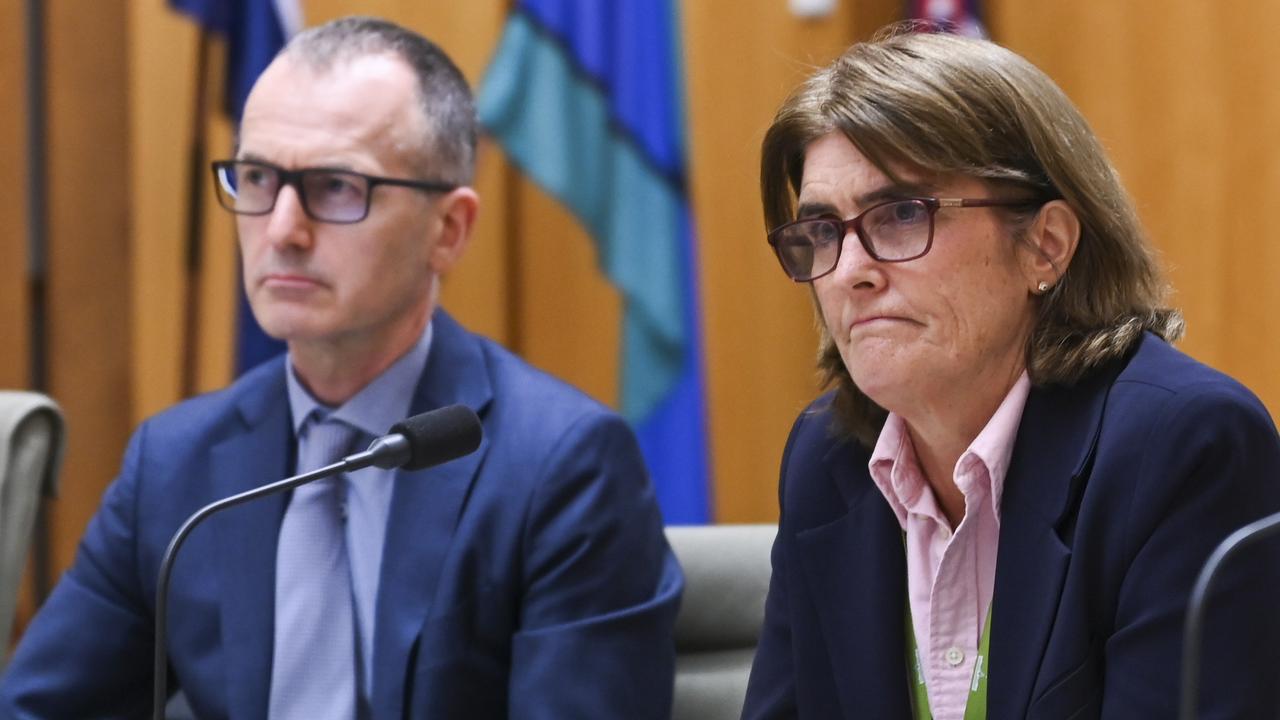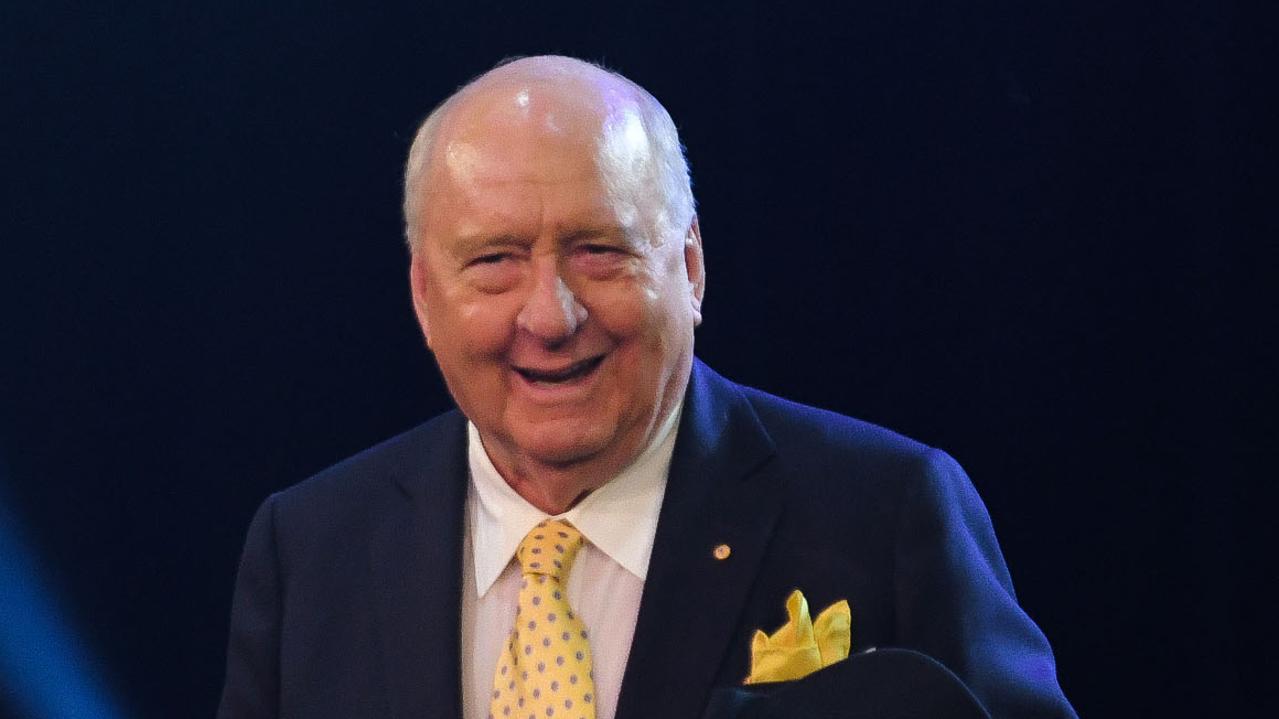‘$300,000 a year’: Daniel Andrews to walk away with eye-watering pension
Daniel Andrews’ snap press conference on Tuesday stunned Victorians - now his fiercest critic has aired a theory behind the timing of his shock resignation.

Daniel Andrews will walk away with an eye-watering annual pension of at least $300,000 a year under a lucrative scheme available to fewer than 20 state politicians.
The timing of the Victorian Premier’s shock retirement announcement on Tuesday, after nine years in the top job and more than two decades in parliament, may have been influenced by his pension scheme payout, 3AW host Neil Mitchell has suggested.
Victorian MPs elected before 2004 fall under the so-called defined benefit superannuation scheme when they leave politics, entitling them to hefty annual payments starting from $84,000 and increasing based on factors such as years served and additional parliamentary offices held.
Around 200 former MPs receive payments under the pre-2004 defined benefits scheme and as of 2020 there were only 17 currently serving veteran politicians, including Mr Andrews, who were still eligible to access the perks when they retire.
Mr Andrews was first elected in the southeast Melbourne seat of Mulgrave in 2002 and has served as Premier since 2014.

The defined benefits scheme was scrapped by the Bracks government in 2004 in favour of a more traditional “accumulation” superannuation arrangement.
In 2020, the Victorian Independent Remuneration Tribunal (VIRT) rejected requests by serving Labor MPs to bring back the historical pension scheme, describing it as “out of step” with “community standards” and with superannuation arrangements in the broader economy.
Appearing on Nine’s Today on Wednesday, Mitchell — a longtime critic of Mr Andrews — said he had sensed the Premier was going to call it quits.
“His performance at press conference was off — he was making political errors, he was making factual errors, he was getting snarly,” he said.
"I'm trying to be gracious to him but he's a shocker, he was a shocker for nine years!"
— The Today Show (@TheTodayShow) September 26, 2023
3AW's Neil Mitchell comments on Dan Andrew's resignation. #9Today | WATCH LIVE 5.30am pic.twitter.com/a9CUCO51FC
“You could just sense, or I could just sense, there was something wrong. I reckon that he made his decision probably earlier this year.”
Mitchell said “part of it might even be to do” with the fact that “if he stayed 20-and-a-half years as a member of parliament he gets more in a pension payout”.
“I don’t know if that’s the reason,” he said.
“As it is he’s going to take about $300,000 a year out in pension, and by staying the extra time he gets more. I don’t know that that’s the reason but I reckon he decided a while ago he’s on the way out.”
The value of the pension under the defined benefit scheme is calculated using a formula that includes a variable which is based on the MP’s aggregate length of service, ranging from 36 per cent to a maximum of 75 per cent once they reach 20-and-a-half years.
“Generally speaking, the longer a former MP served the higher the pension they will receive,” the VIRT says. “The highest pension is paid to former MPs who served an aggregate of at least 20.5 years.”
Mr Andrews entered office in November 2002, meaning he passed the 20-and-a-half year mark in May this year.
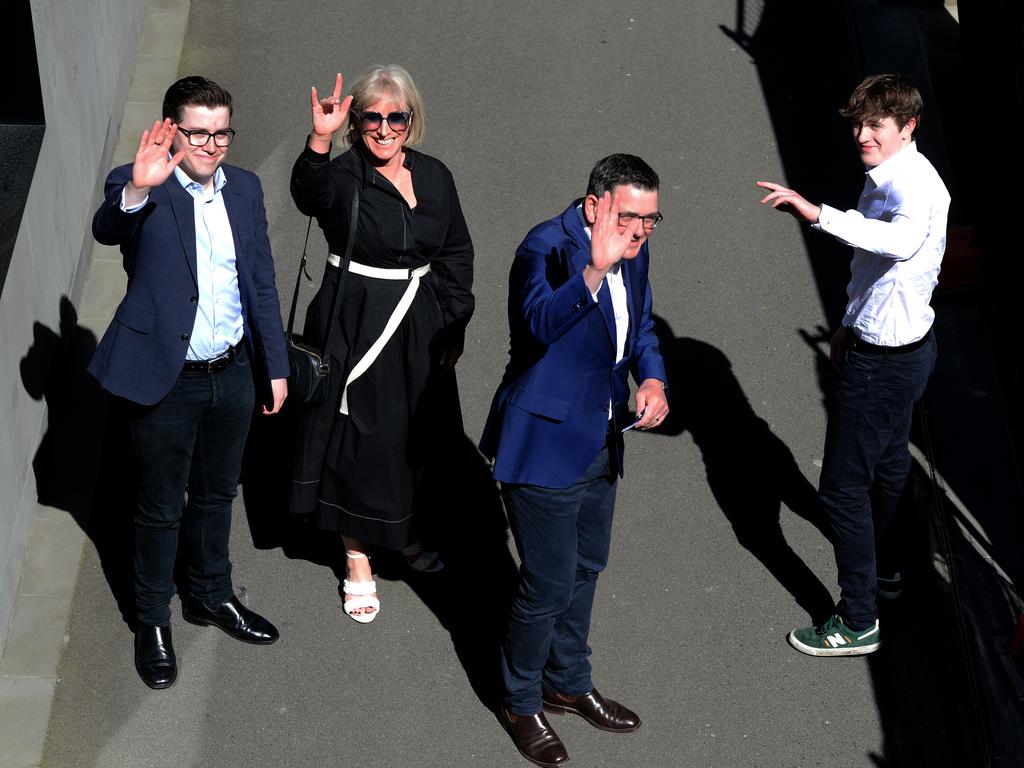
Speaking to 3AW last year, former Labor MP Luke Donnellan defended the lucrative pension scheme. “It’s a generous system but in many ways you’re asked to work six, seven days a week,” he said.
“You are probably working longer hours than most people. And I know there’ll be a discussion of how many hours people work and so forth, but the hours are long … and you’ve got to love the work to keep doing it.”
Mr Donnellan said many former MPs struggled to find work after leaving office.
“You’ll find that a lot of members of parliament will struggle to get work thereafter, because they’ve been tainted as politicians,” he said.
“Many of these people have got good skills but I don’t think they’re actually recognised. So for many, and I know many very sharp politicians who spent a year-and-a-half, two years trying to find a good job thereafter.”
In their 2019 submission to the VIRT, Labor MPs Ingrid Stitt, Cesar Melhem and Mark Gepp argued the move to the accumulation scheme had “effectively created two classes of current MP” and that reopening the pre-2004 scheme was the “only way to create a level playing field”.
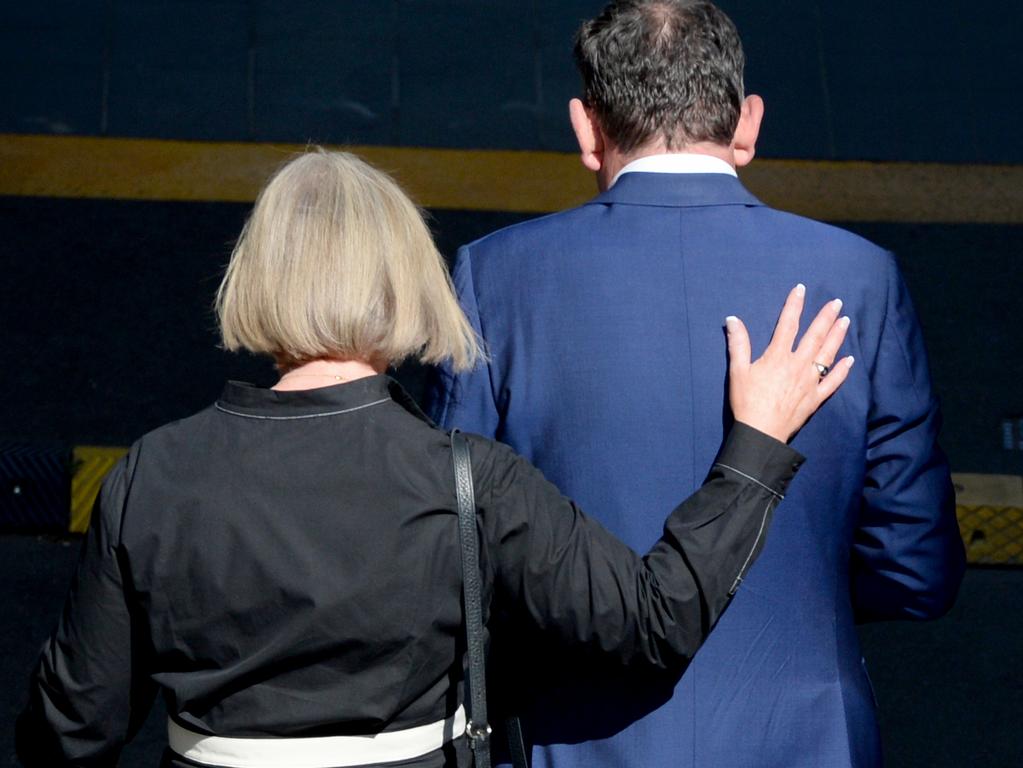
“Members of parliament may have a shorter and more uncertain working life than other public servants or employees in the private sector,” they wrote.
“Their salary packages are unlikely to include other benefits that many other employees may receive, such as annual leave, long service leave, sick leave and unfair dismissal protections as noted above. Importantly, their work performance and the relevance of their personal life to their work is subject to far greater scrutiny than the average working Australian.”
The Victorian Parliamentary Former Members Association (VPFMA), in its submission to the tribunal, cited a number of case studies of former MPs disadvantaged by the less generous accumulation scheme.
One member, who was self-employed prior to entering parliament, lost after two terms and was subsequently “unable to get work in any field”.
“In their 50s and with a majority of their life self-employed, the opportunities were limited,” the submission said.
“With the skill set of [the former MP], the most suited positions were within government relations and corporate affairs. However, the loss of seat coupled with being a member of the party that lost government resulted in this former member being overlooked for government relations and corporate affairs roles because they were perceived as ‘unacceptable’ to the government of the day.”
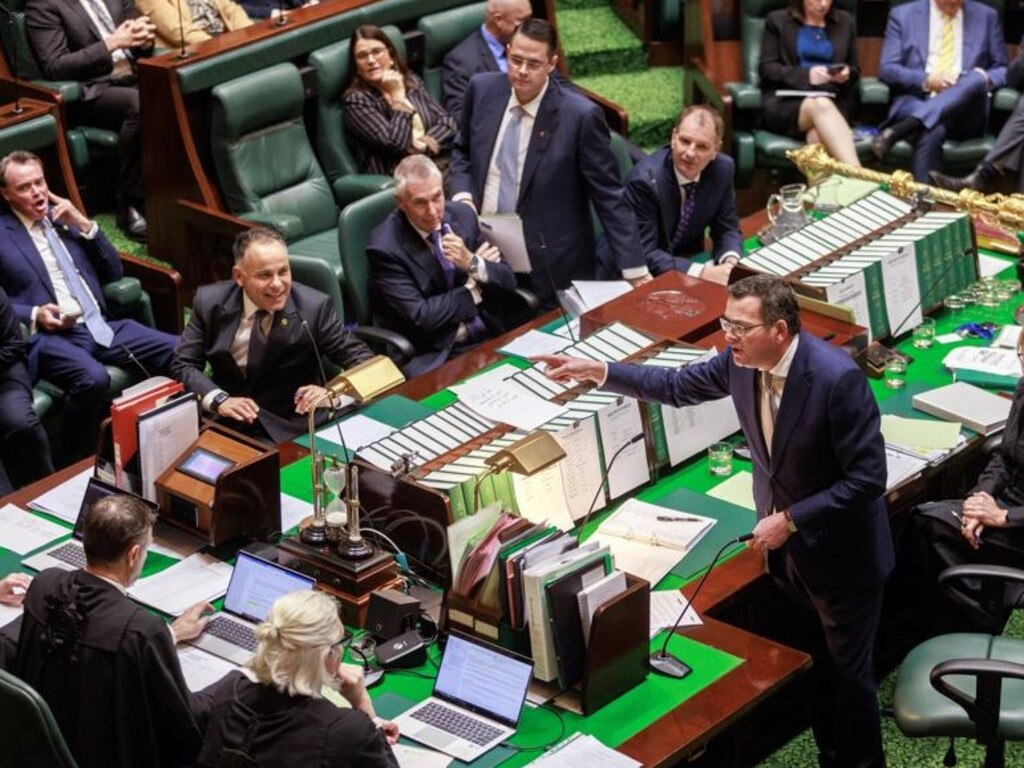
Mr Andrews, 51, flanked by his wife and children, held a snap press conference at Parliament House on Tuesday to announce his resignation, telling voters that “when it’s time, it’s time”.
The 48th Premier of Victoria described the job as the “honour and privilege of my life” but revealed the decision to quit came after realising the job had started to “consume” him.
“It is not an easy job being premier of our state … that is just a fact,: he said.
“It requires 100 per cent from you and your family. That, of course, is time-limited and now is the time to step away. The only way that I know how to do this job is to have it consume me, to have it define me. To a certain extent, every waking moment is about the work and that takes a toll.”
Mr Andrews conceded backflipping on his previous promise to serve out a full term.
“Yeah, it was true then and I’ve changed my mind,” he said.
“This is my decision but it’s not about me, it’s about making sure that we have someone to work hard every single day to deal with the challenges that we face.”
Mr Andrews will officially hand in his resignation on Wednesday, with Deputy Premier Jacinta Allan widely tipped to be anointed as his heir when Labor MPs meet at midday.





